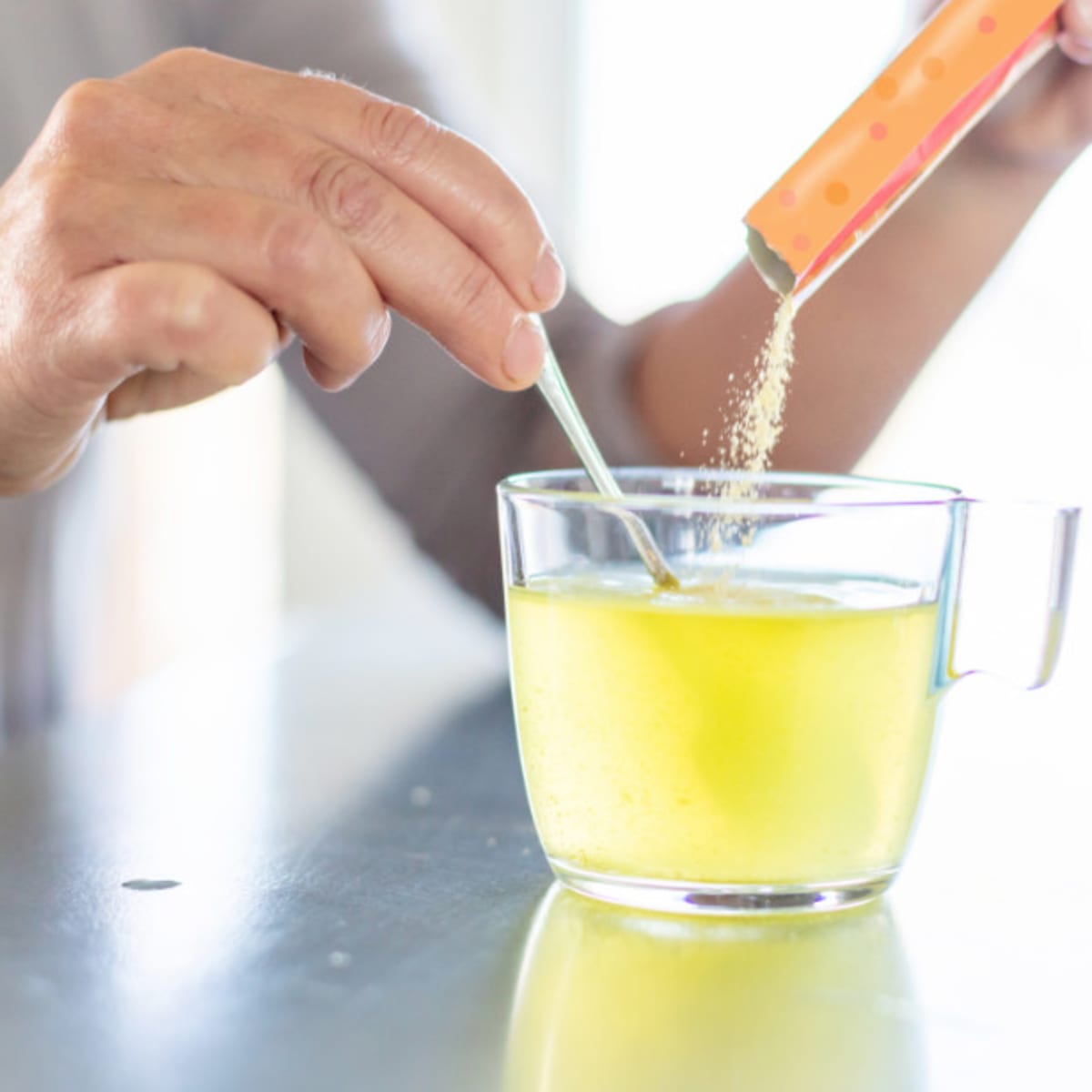As parents, we always want the best for our children, especially when it comes to their health. A balanced diet is essential for their growth and development, and fiber is a crucial component of a healthy diet. However, it can be challenging to get enough fiber into a toddler’s diet, which is why fiber supplements may seem like an attractive option. In this article, we will discuss what you need to know about fiber supplement for toddlers.

What are Fiber Supplements?
Fiber supplements are products that contain high levels of fiber, usually in the form of soluble or insoluble fiber. Soluble fiber dissolves in water and forms a gel-like substance, which helps regulate blood sugar levels and lower cholesterol levels. Insoluble fiber, on the other hand, does not dissolve in water and helps promote regular bowel movements.
Fiber supplements come in various forms, including powders, capsules, gummies, and liquids. These supplements are often marketed as a way to increase fiber intake or to relieve constipation.
When Should You Consider Giving Your Toddler Fiber Supplements?
Toddlers aged one to three years old should consume approximately 19 grams of fiber per day. However, many toddlers do not get enough fiber from their diet, which can lead to constipation or other digestive issues. In some cases, fiber supplements may be necessary to help a toddler meet their daily fiber requirements.
If your toddler is experiencing constipation, increasing their fiber intake may help. However, it’s essential to speak with your pediatrician before giving your child any fiber supplements, as they can interact with other medications or have side effects.
How to Choose a Fiber Supplement for Your Toddler
When choosing a fiber supplement for your toddler, there are a few things to keep in mind. Firstly, choose a supplement that is specifically designed for children. Adult fiber supplements may contain high levels of fiber that can be too much for a toddler’s digestive system.
Secondly, choose a supplement that is easy to administer. Gummies or powders that can be mixed with food or drinks may be more appealing to toddlers than capsules or tablets.
Thirdly, consider the type of fiber in the supplement. Soluble fiber may be more helpful for toddlers who need help regulating their blood sugar or cholesterol levels, while insoluble fiber may be more beneficial for toddlers with constipation.
It’s also important to read the label carefully and follow the recommended dosage. Giving your toddler too much fiber can cause digestive issues, such as bloating or diarrhea.
Fiber-Rich Foods for Toddlers
While fiber supplements can be helpful in some cases, it’s always best to try to get your toddler to consume fiber-rich foods as part of their diet. Here are some fiber-rich foods that toddlers may enjoy:
- Fruits: Apples, bananas, berries, oranges, and pears are all high in fiber.
- Vegetables: Broccoli, carrots, peas, and sweet potatoes are all great sources of fiber.
- Grains: Whole-grain bread, pasta, and cereal are high in fiber. However, it’s important to check the label to ensure that they are not high in added sugars.
- Legumes: Beans, lentils, and chickpeas are all excellent sources of fiber.
Conclusion
Fiber is an essential nutrient that plays a vital role in a toddler’s health. While fiber supplements can be helpful in some cases, it’s always best to try to get your toddler to consume fiber-rich foods as part of their diet. If you are considering giving your toddler a fiber supplement, speak with your pediatrician first to ensure that it’s safe and appropriate for your child’s needs.
